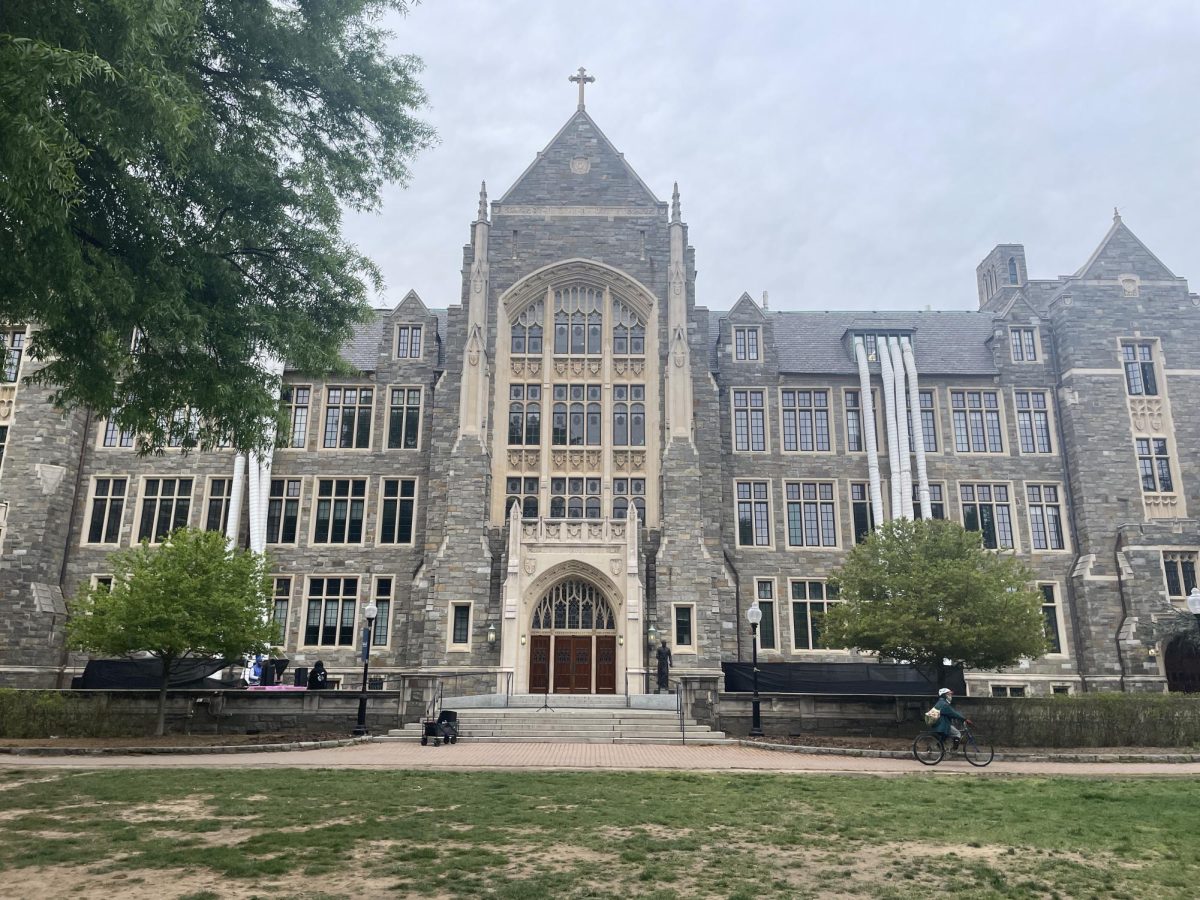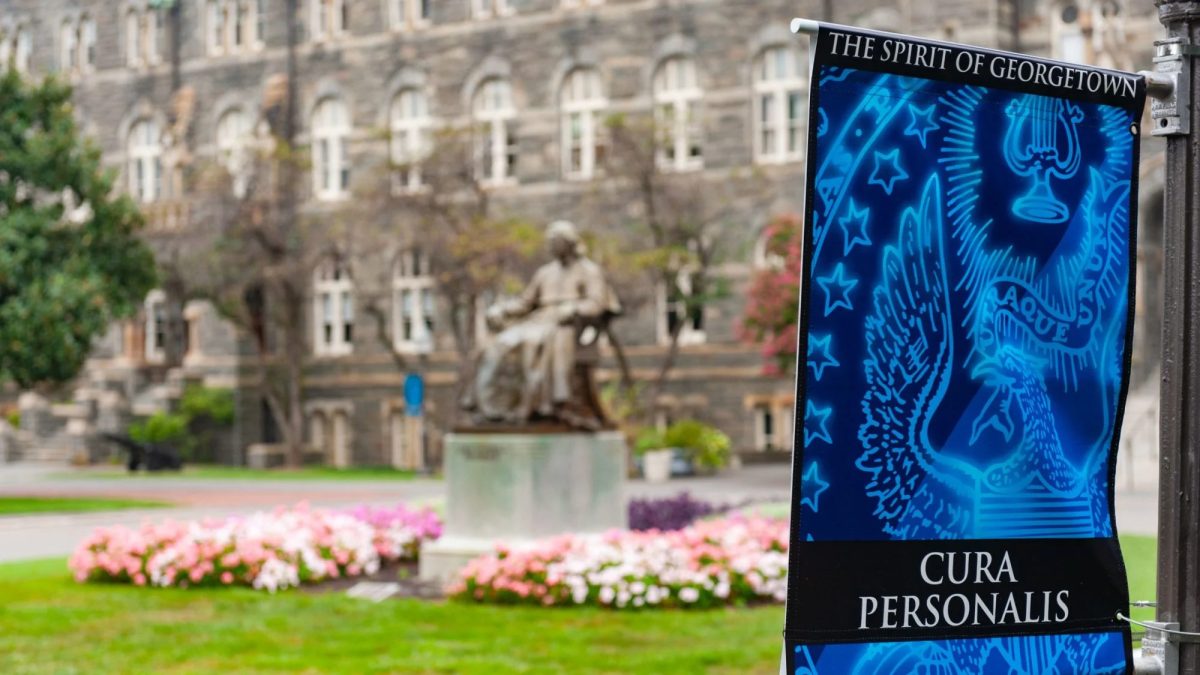The GUSA senate passed a resolution Jan. 20 urging the university to expunge records of Class A violations committed during freshman year for students who do not receive additional citations in the following three semesters.
Under current policy, the university expunges students’ disciplinary records of all categories upon their graduation.
Class A violations, which include possession or consumption of alcohol, disorderly conduct, possession of drug paraphernalia or a fake ID and failure to comply with university officials, are considered the least serious in the Code of Student Conduct. The resolution focuses on consumption of alcohol and noise violations, which are the most common Class A violations. It cites administrators’ efforts to make campus the nexus of social life as part of the 2010 Campus Plan, the educational value of disciplinary experiences for first-year students and requests from employers to see disciplinary records as three main reasons to alter the current disciplinary review system.
According to GUSA senator and Honor Council Executive Committee member Tim Rosenberger(COL ’16), the Undergraduate Honor Council already has a sanction reduction program whereby students whose proposals are approvedwill have their record expunged two years after the end of the semester during which they violated the Honor System.
“I think disciplinary actions should be compared to our Honor Council,” Rosenberger said. “Our Honor Council has a sanction system that is almost identical to this. It’s a wonderful program that many people have learned from.”
Georgetown University Student Association Vice Speaker Zach Singer (SFS ’15), who sponsored the bill, pointed out that the opportunity for students to expunge disciplinary records would provide an incentive not to commit future violations.
“I know that freshmen make a lot of mistakes,”Singer said. “Many get in trouble on their first week on campus and have that hanging over their heads for the next fouryears. If there’s this incentive to be good, to not drink or be noisy on weekend or weekday nights, to not commit further violations, I think people will be more likely not to do it [again].”
Student Advocacy Office senior advocate Constantine Petallides (SFS ’13) agreed that the suggested policy revision would provide students with an incentive to alter their behavior, but expressed reservations about the actual effect of the proposed bill.
“I think it’s a great experiment because the way things have been goingright now, we’ve had the system where it stays with you forever and then the next offense will always be worse, disciplinary-wise,” Petallides said.“It candefinitely spark some people to change … [but] will it work? Only time will tell. Freshmen will be freshmen, but it is definitely worth the experiment.”
The majority of the debate on the bill among GUSA members centered on if Singer’s argument that minor disciplinary records from a student’s freshman year would affect his or her application to graduate schools and jobs is valid.
“I want to have a part of a forgiving educational system, where if law or medical schools ask for the records, it would not harm the student,” Singer said.
However, GUSA senator Abby Cooner (SFS ’16) questioned if disciplinary records play a significant role on a student’s resume.
“I think there is merit to this idea, but I’m not sure, if this were implemented, whether a noise violation in freshman year would be a big difference in the job market anyway,” Cooner said.
GUSA senator BenMishkin(SFS ’13), who voted against the resolution, agreed with Cooner that he has not heard of incidents in which students are turned down by employers due to disciplinary records.
“If you’re applying for a job, your freshman-year drinking shouldn’t make a difference and I haven’t heard that as a problem. In principle, I don’t see why we’re allowing this,” Mishkin said.
Mishkin suggested that further research to prove if disciplinary records have substantially affected job opportunities should be conducted before the bill is seriously considered by students or the administration.
“If we want to be taken seriously, we should take the time to withdraw the bill and do more research to demonstrate there are incidents where an employer says to a student, ‘You were drinking in your freshmen year, so you’re out,’” Mishkin said.
Petallides also pointed out that the resolution will likely require more concrete research before it can be brought to administrators.
“I think it’s an aspirational bill. I think this is a great year of change and experimenting in the disciplinary process. But this one, as it is written right now, may be a bit of a reach. It’s definitely a good idea, it’s definitely something to be explored, but it may need some work if something is actually going to come of it,” Petallides said.


















